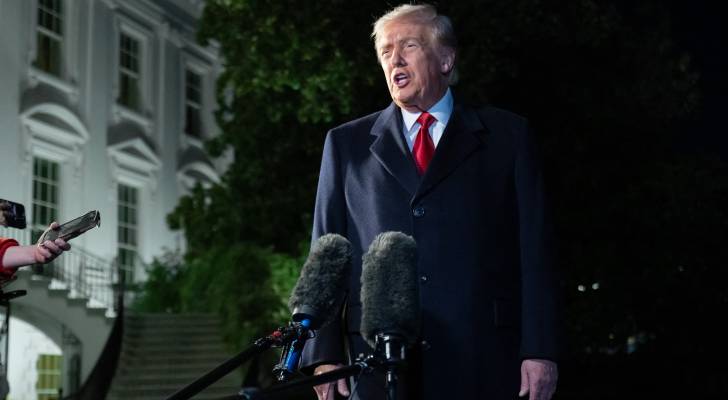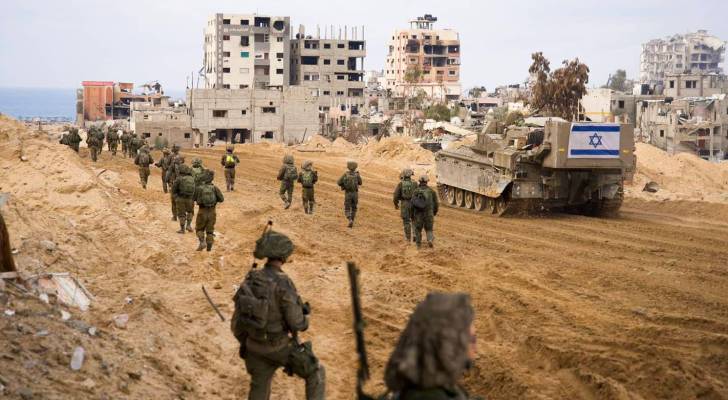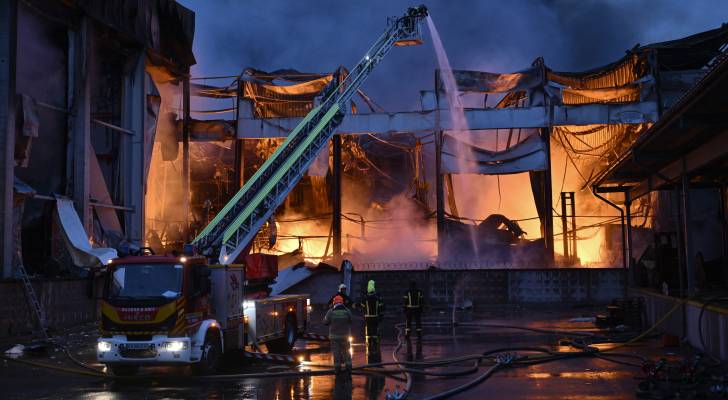Free and Development Zones drive investment, tourism, economic growth in Jordan
The Jordan Times
AMMAN — The Jordanian free and development zones are playing a growing role in enhancing Jordan’s position on the regional investment and development map, according to Chairperson of the Board of Directors of the Jordan Free and Development Zones Group, Sachir Ajlouni.
“The Jordan Free and Development Zones group is a key player with two main areas of work: the development zone, which focuses on attracting investment in tourism, and the free zones that support trade and industrial activity,” Ajlouni told The Jordan Times.
“We have two major development zone, the Dead Sea and Ajloun, both witnessing significant investment and rapid progress. In addition, our five strategic free zones, including the Queen Alia Airport, Karak, Mwaqar, Zarqa, and Sahab zones, play a vital role in boosting trade, industry, and regional economic growth,” he said.
Ajloun: A Tourism Success Story
In Ajloun, the company has invested in projects that serve both social and developmental goals for the governorate, Ajlouni said, adding that “Our main objective is to create jobs and improve local livelihoods”.
The official also highlighted that the company has invested approximately JD15 million in the Ajloun cable car project, which continues to expand through Phases 1 and 2, noting that the development of Ajloun National Park, covering around 700 dunums, is also underway, with tenders issued to create between 15 and 30 new investment opportunities.
He also said that visitor numbers have grown dramatically, from 160,000 in the first year to 400,000 in the second, and now nearly 900,000 visitors. “We aim to reach one million visitors soon,” Ajlouni said. “The higher the number of visitors, the greater the benefit to the local community. Our new projects and master plan are designed to enhance the visitor experience and extend stays in the area.”
Dead Sea: Revitalizing the Kingdom’s Landmark Destination
At the Dead Sea Development Zone, the company has recently completed a new master plan and market study to guide future expansion. “We are developing infrastructure along the Corniche,” Ajlouni noted, adding “By February 2026, we hope to have a trial opening that includes a 1.2-kilometer walkway and amphitheater.”
The company is also managing several major projects, including the Amman Tourist Beach, which will begin operating next month, and a new public beach under development. “We are also working on a new park close to the main road to serve local residents and tourists,” he said.
“These projects reflect our goal of providing quality infrastructure that attracts investment and ensures sustainable tourism development in the Dead Sea.”
Free Zones: Expanding Transit Trade and Industrial Activity
Jordan was among the first countries in the region to invest in free zones. Today, the Kingdom operates five strategic zones, each supporting different economic activities and contributing to domestic and regional growth, Ajlouni said.
“These zones contribute both regionally and locally by attracting investment and creating jobs,” Ajlouni added. “We have significant expansion plans across all our zones to sustain growth and strengthen Jordan’s investment appeal.”
The Queen Alia Airport Free Zone is a key priority for the company. “In 2019, the occupancy rate was only 10 percent; now, it has increased to 35 percent,” Ajlouni said. “We are conducting a promotional campaign and developing new incentives to attract more industries and transform the airport free zone into a logistics hub.”
He added that the next development phase is expected to be completed soon, with the zone fully operational next year. “We mainly target companies operating in Jordan and exporting abroad. “Logistics services are particularly important and will be in high demand, especially with upcoming reconstruction efforts in Syria and Gaza. We hope to play an essential role in these efforts through cooperation with various partners.”
Investor Evaluation and Project Oversight
Ajlouni said the company’s investor selection process has been completely overhauled. “We now require feasibility studies and detailed business plans from investors,” he said. “Our specialized team reviews each proposal to ensure financial capability and project viability.”
Many delayed projects, particularly in the Dead Sea area, have now been resolved, the chairperson said, adding, “Before our intervention, no project in the Dead Sea had been completed in 13 years. Now, we’re witnessing active development. We have adjusted agreements and offered assistance to investors facing difficulties while ensuring the company’s and investors’ rights are protected.”
He also stressed that external factors, such as the regional situation and the COVID-19 pandemic, affected investment flows. “We worked with all parties to protect their rights, and for projects that could not continue, we reclaimed the land to reinvest in new ventures,” he added.
Environmental Safeguards: A Red Line
Environmental protection remains a top priority for the company, the official said, emphasizing that the company conduct environmental impact assessments for all the projects, especially in sensitive areas.” He added, “We cooperate with the Royal Society for the Conservation of Nature to ensure that no investment affects reserves.”
Ajlouni also stressed that the company strictly prohibits construction that could harm natural habitats. “Nature is our true wealth; this is a red line for us,” he said, noting that the tourist facilities in Ajloun are equipped with early warning and fire systems. He also noted that the company has coordinated with the Ministry of Municipal Affairs to issue regulations protecting trees and natural areas.
Digital Transformation and Challenges
The company has advanced in digital transformation, automating around 70 percent of operations in the free zones, the chairperson said, noting that the company aims to complete the remaining processes soon.
He said that full digital integration would significantly reducing processing times and bureaucratic hurdles, adding that the modernization comes amid complex government procedures, where approvals often require multiple clearances from the Ministry of Investment, the Economic Committee, and the Cabinet.
“However, we are seeing greater cooperation from all parties, and we are steadily moving in the right direction. Our focus is to make the free and development zone fully investor-friendly, both digitally and operationally,” the official said.
“Through careful planning, environmental protection, digital transformation, and strong partnerships, Jordan free and development zones group will continue to attract investment, create jobs, and drive sustainable economic growth,” Ajlouni said, emphasizing that combining technology with strategic planning will simplify administrative processes and position Jordan as a competitive, modern hub for trade, tourism, and industrial development in the region.



